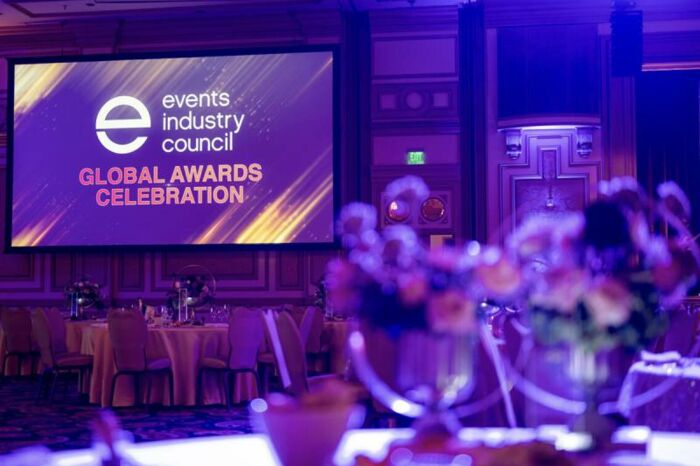
Sebastien concedes that there are areas where savings are difficult, such as aviation and transport in general, which are responsible for 60% of the event sector’s carbon footprint. “But the energy and transport industries are introducing many innovations, such as biofuel and lighter alloys,” he says, adding: “I foresee 20% of the reductions we will make coming from technological innovations.”
“With energy, food production and transportation savings, we can reach 80%!” he exclaims. “The last 20% from compensation programmes. Of course, the carbon credit market is like any parallel market and we must remain vigilant,” he warns. “It is important to identify abuse and to put safeguards in place. But offset projects will be essential for reaching Net Zero, so they must be audited and improved.”
Taking responsibility
Sebastien emphasises the fact that the Net Zero Carbon Events initiative has to be a collaborative effort or the sector will face punitive legislative action that could result in additional taxes and operating bans being imposed. “Fortunately, Net Zero Event is the initiative of a group of associations in the field of events so collaboration is already happening.”
According to Sébastien, the Net Zero Carbon Events campaign has more than 300 signatories worldwide. “This is not enough. There should be at least 1000 signatures per country!” he exclaims. “I identify two reasons for this.
“The first one is that, even though this campaign is open to everybody, the signatories are professional associations. As a result, members of participating associations feel that they do not need to sign up because the association did it for them. It is important to understand that participation is individual; each professional in the events industry must make a personal commitment.
“Second, communication is in English and the content is not easily understandable and accessible to those who don’t speak that language. During the General Assembly of the Association Events Congress Geneva, which I chair, we included a presentation on the Net Zero Carbon Event initiative. This is a step, but there is a lot of work to be done in terms of sharing, training and education.”
Sébastien believes that it is the responsibility of all professional organisations to continue to promote awareness.
And how is MCI playing its part?
“The company has a real role to play in change. It must be contributive. Government alone can't take on all the roles.” Sébastien notes that when he did his MBA, he took courses in ethics. “So at MCI, we have a natural alignment with ethical issues and have established a global culture of appreciation for diversity and societal values: gender, cultures, beliefs... Then we invested in initiatives that contribute to the evolution of this field – ‘selfishly’, if I may say so, because it is a competitive advantage, and we have no problem with that – we know that it matters to our customers.”
He goes on to explain that the events industry has access to tools that allow operators to measure the impact of their efforts at a very affordable price. “We use them in most of our projects at MCI and our goal is to make this practice mandatory for all our project managers so that it becomes a reflex. Involvement in the Net Zero Carbon Events Initiative has also become an essential part of the qualification criteria for MCI’s service providers.
“It’s good for business and good for the world!” Sebastien explains. “We want our company to be still present in the future and to serve the new generations of managers. That's why MCI must invest in Net Zero.”




